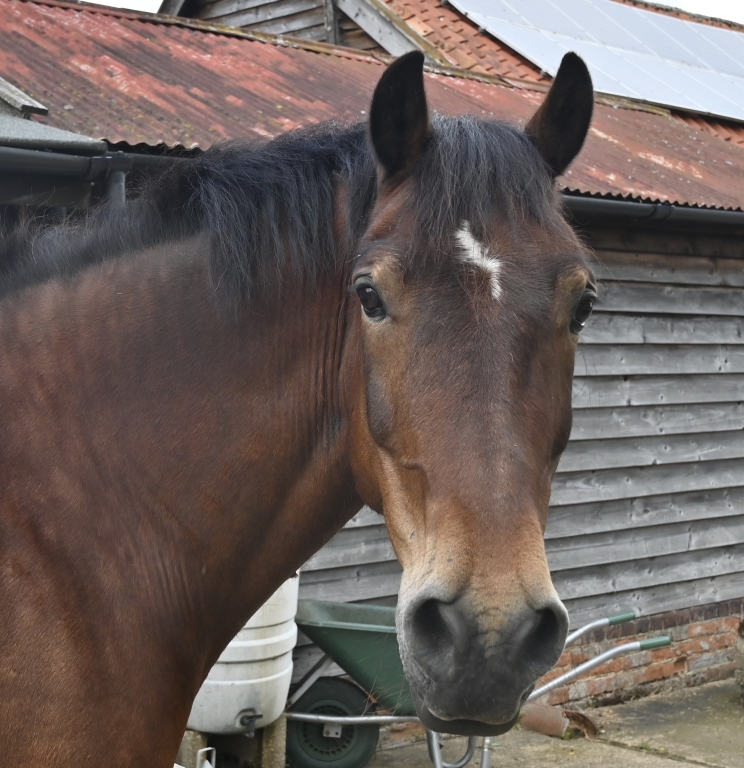
BEVA Warns Against The Use Of Unvalidated Genetic Tests For PSSM2, MFM And MIM
The British Equine Veterinary Association (BEVA) is strongly advising horse owners against the use of independent and unvalidated genetic testing for certain myopathies, including diseases known as type 2 polysaccharide storage myopathy (PSSM2), myofibrillar myopathy (MFM) or Muscle Integrity Myopathy. Despite the lack of evidence to support the tests, the practice has become widespread within some breed groups and drastic results have included euthanasia of seemingly normal animals.
“There is currently no scientifically validated genetic test for PSSM2, MFM or MIM,” said Professor Richard Piercy MA VetMB MS PhD DipACVIM FRCVS, Comparative Neuromuscular Diseases Laboratory, Royal Veterinary College. “Scientists still do not know whether these are diseases at all, or whether they reflect histopathological features of non-specific muscle damage that might have various genetic but also environmental causes.
“It can of course be very tempting for a horse owner, when their horse has signs that might suggest a muscle problem, to seek any answer they can find, particularly when the problem is proving challenging to diagnose and manage.
“It might be even more tempting for an owner to believe an unsubstantiated genetic result when it ‘fits’ with what they have suspected. But given the high prevalence of the genetic variants in the horse population that are tested for, many horses will test positive just by chance – whether or not they have any disease at all.”
Although, type 1 PSSM can be diagnosed by DNA testing of a mutation that has been robustly evaluated1,2, currently, the optimal way to identify other horses with myopathies is generally through clinical examination, biochemical testing and in some cases, by muscle biopsy. Further, because it is not yet known what causes PSSM2, MFM or MIM or whether they are specific diseases at all, making recommendations for treatments, management or prognosis are speculative at best. Many of these cases thus remain idiopathic.
While there are companies in Europe and the USA offering a panel of genetic tests commercially for diagnosis of equine muscle diseases including PSSM2,MFM and MIM, BEVA does not recommend them.
“The results offered have not, to our knowledge, been scientifically validated in any peer reviewed literature or shared in any form with the scientific community,” said Professor Piercy. “In short, there is no evidence that the offered tests identify mutations that actually cause muscle disease or indeed, are associated with disease in any way at all.”
Furthermore, a group in the US has published two papers3,4 testing some of these genetic variants in different horse breeds that had been examined by muscle biopsy: they found no association between PSSM2 (or any other muscle disease) and the genetic variants offered by the companies.
“We encourage owners to speak with their vets about the evidence basis for decision making when investigating myopathies in horses,” said Professor Piercy. “Until results of genetic testing for PSSM2, MFM, MIM and other myopathies in horses are presented in peer reviewed, validated scientific literature that is accepted by the scientific community (as has been the case for PSSM1), we do not recommend their use and certainly do not support veterinary or life decisions being made based on their results.”
More from BEVA

 3 years ago
3 years ago  1222 views
1222 views
